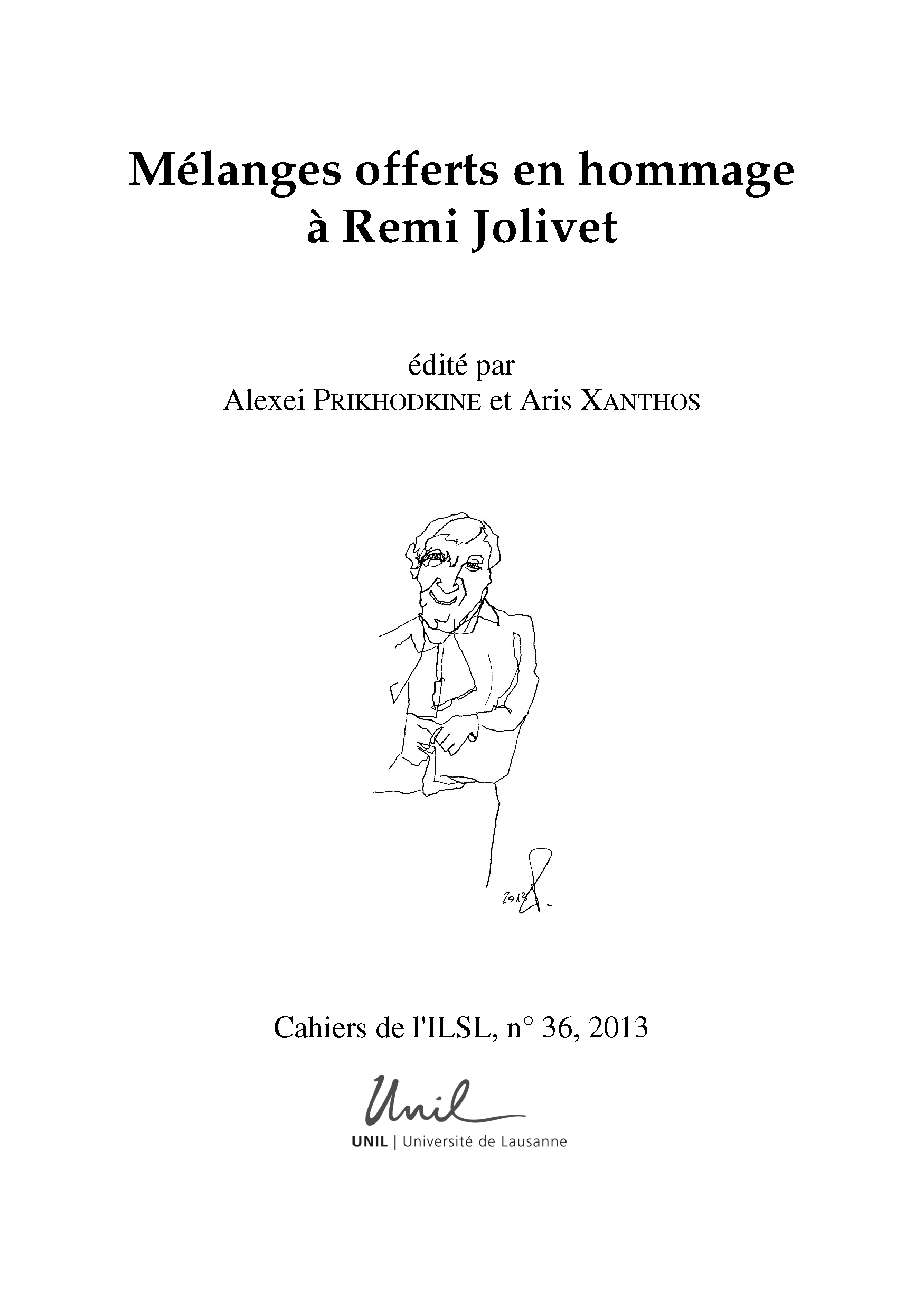Abstract
Where is language as object per se when research focuses on formal conditions? To illustrate this question let us examine, for instance, corpus, which is currently very popular. The idea of corpus dates back to last century, to the thirties and fifties. At that time, precursors and structuralists sought to define a concrete object for linguistics, and thus to ensure its objectivity and hence its scientific status. At the same time, and for the sake of objectivity, another technique was proposed for observation: questionnaire surveys. This effort – however worthy it was – raises questions on both theoretical and practical levels. These concepts – corpora and surveys – proceed from a theoretical framework in which we conceive language as endowed with a sui generis structure. In this perspective, the structure of each language has specific features that can only be identified through the observation and study of its use. The present study aims to show the bearing but also the limits of such techniques. It raises a paradox in the relationship between a supposedly finite structure and data (collected through corpus and/or survey) expandable ad libitum. A possible outcome of this paradox would be to conceive structure as relative and complex, in itself, and give up finite structure, and its resulting implications.

This work is licensed under a Creative Commons Attribution 4.0 International License.
